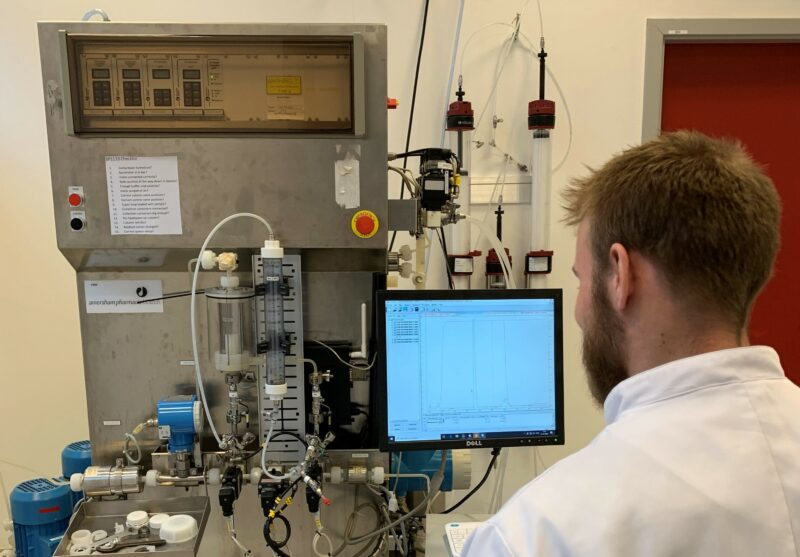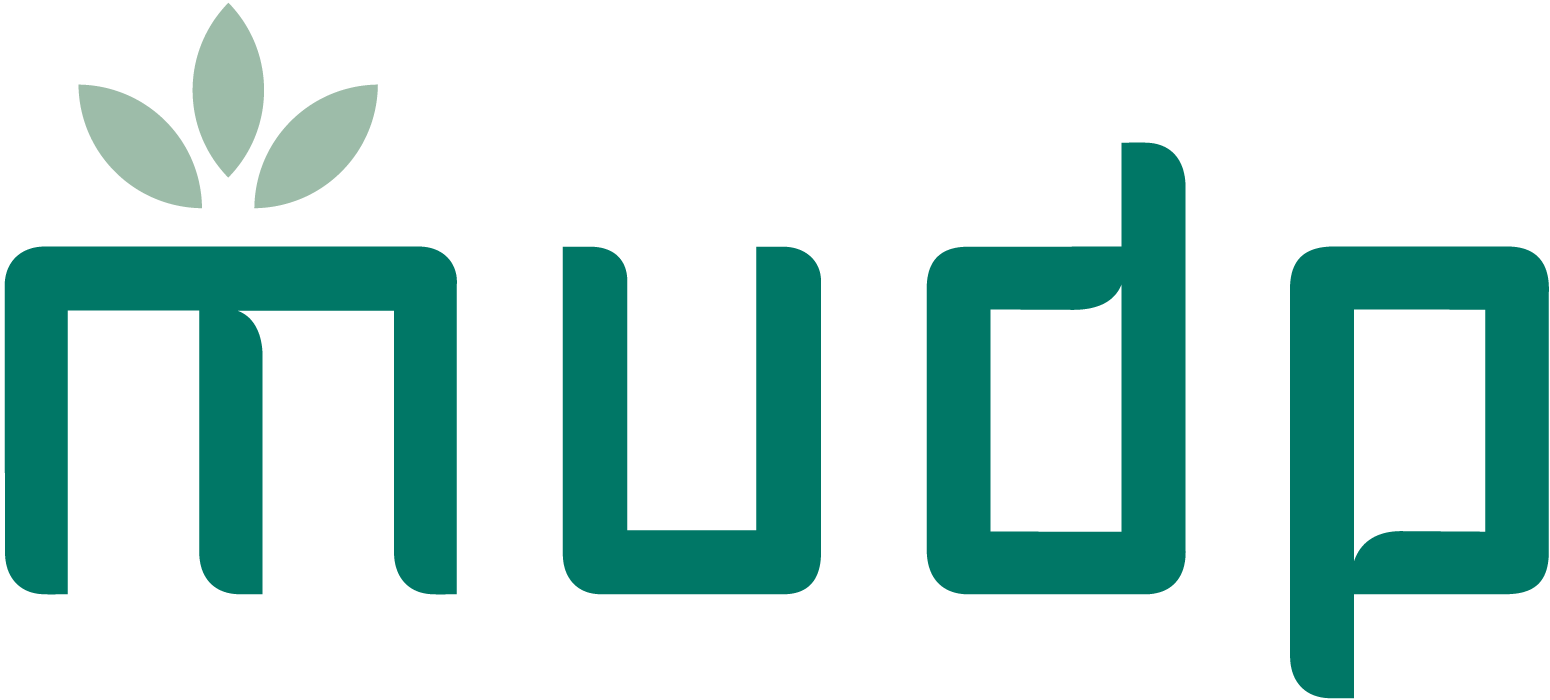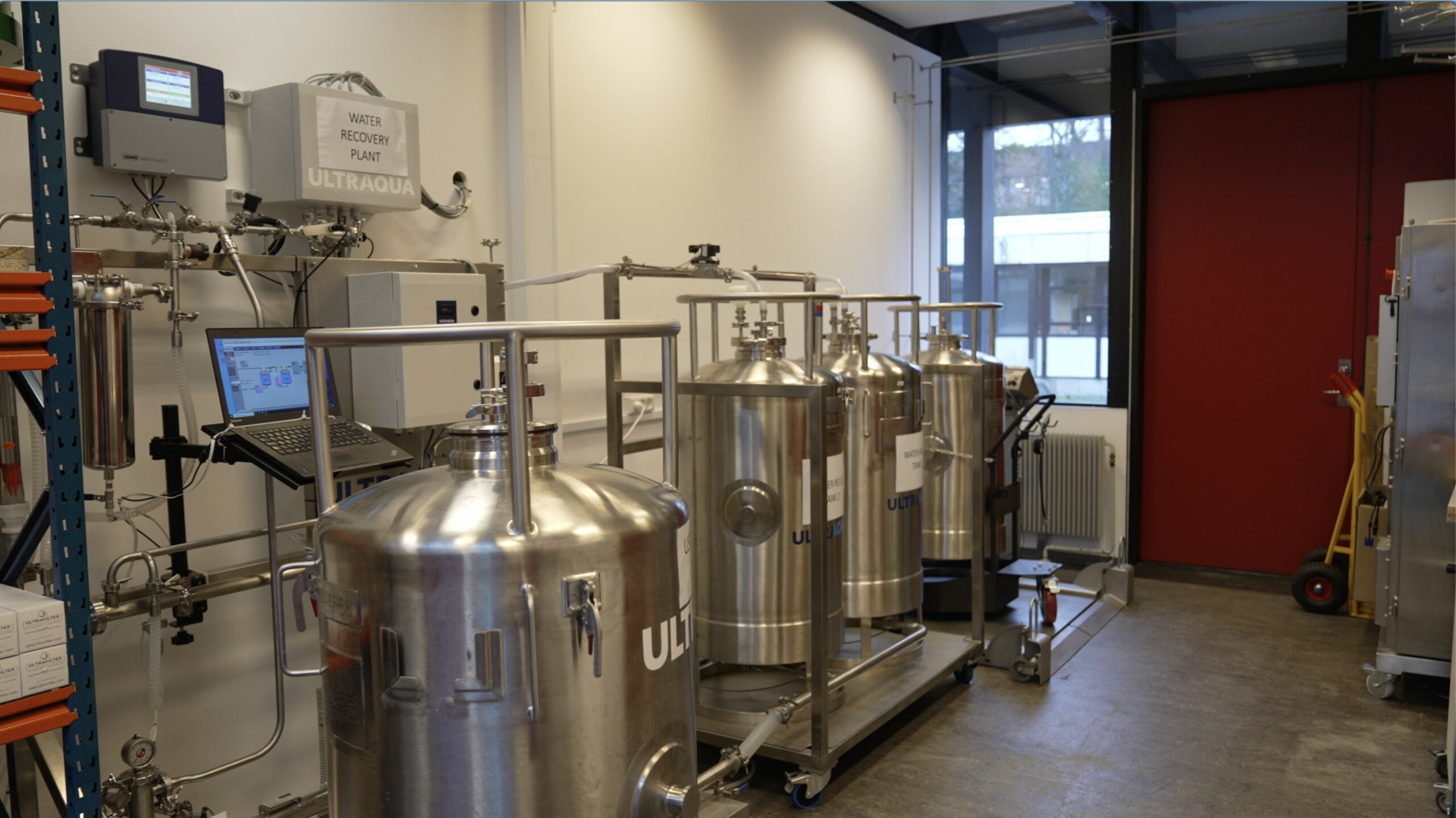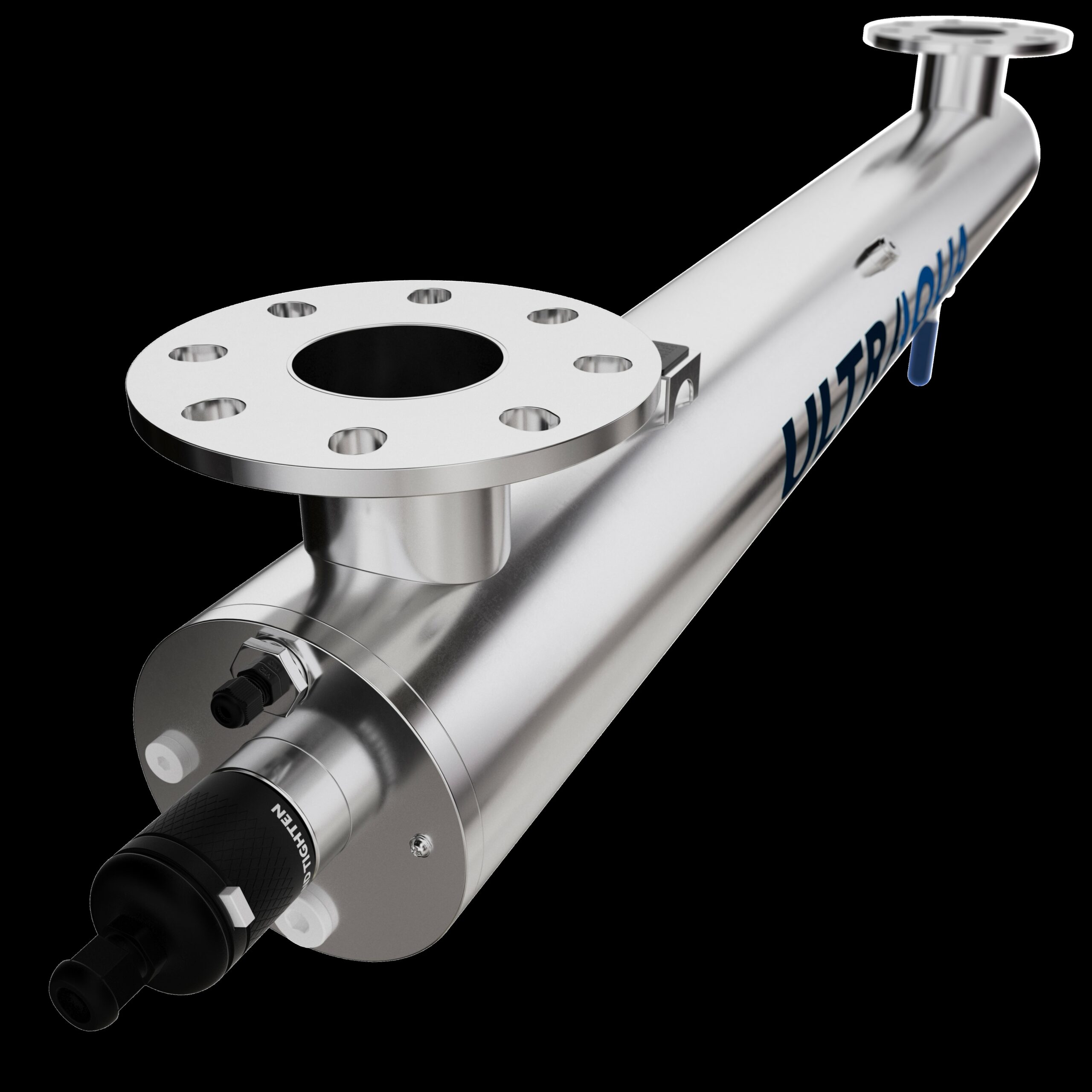Solution provider

ULTRAAQUA is an international manufacturer of advanced UV water disinfection systems for a wide range of water treatment applications.
R&D Project
Industry
Resource efficient production
Resource recovery from wastewater
+3


ULTRAAQUA is an international manufacturer of advanced UV water disinfection systems for a wide range of water treatment applications.
Add the case to your visit request and let us know that you are interested in visiting Denmark

In this MUDP lighthouse project supported by the Danish Environmental Protection Agency, three industrial partners consisting of a pharmaceutical company MipSalus Aps, a water treatment company Ultraaqua A/S, and a process engineering company Process Design A/S, supported by the independent consultancy company IN-Water ApS, have developed and established a facility for demonstration and documentation of technologies for circular economy and optimized resource recovery and recycling in the production of a new Danish medicinal product Phelimin.
Read more: (Link to MUDP report will be placed here)
Traditionally, the pharmaceutical industry has not prioritized environmental sustainability. The urgency of time-to-market often overshadows the integration of green solutions in the development and production phases of new medicinal products. Once a product nears the market, altering the validated and approved process, even if environmentally beneficial, is challenging. Early incorporation of green solutions and “circular-by-design” principles, particularly during the concept planning stages of process and production development, is essential for environmental sustainability in the pharmaceutical industry.
One of the primary environmental challenges in pharmaceutical production is the extensive use of water and organic solvents, which are typically not recycled. There is a need for solutions that can regenerate organic solvents, costly template molecules, buffers, and water to meet the original quality specifications set during regulatory review and approval. If such solutions are incorporated at the design phase of the pharmaceutical production process development, and if adequate documentation is provided to convince regulatory authorities, it becomes possible to recycle organic solvents and water. This recycling can occur either to their point of origin in the production process or further upstream, significantly reducing their overall usage.
Particularly in the production of the Phelimin polymer, substantial consumption of synthesis oil, ethanol, template molecules, buffers, and pharmaceutical-quality water occurs. For this, reclaim and recovery solutions have been developed.

To promote the project, the project group have made a video that describes and showcases the technological solutions for resource recovery in the pharmaceutical production of Phelimin at MipSalus Aps.
Watch promotion videoFour concrete solutions to recycle synthesis oil, water, and ethanol and specific template molecules and phosphate buffer from the production process were developed and demonstrated in the project
A direct filtration unit employing hydrophobic PVDF membranes for the synthesis mixture has been implemented to separate Phelimin polymer product particles and recover synthesis oil. This process operates with low differential pressure and energy consumption, achieving complete polymer product separation and significant oil recovery. This, in turn, reduces resource consumption in the subsequent washing of the polymer product.
A water treatment system integrating the production and reuse of water, equivalent in quality to Purified Water as defined in international pharmacopeia, has been established. The system’s main component is a central ultrapure water plant for producing Purified Water, integrated with a separate water supply line from a dedicated pre-treatment unit. This unit prepares collected spent Purified Water for reintroduction into the central ultrapure water production plant. A key technology in both systems is Ultraaqua’s Vacuum-UV-based advanced oxidation process, which reduces microorganisms and dissolved organic matter. The pre-treatment plant for used Purified Water also functions as a central station for the Clean-In-Place (CIP) of collection tanks.
For MipSalus’ processes, a flexible horizontal distillation technology crucial for ethanol recycling has been developed and tested. This technology uses three rotating tubes heated with steam to distill ethanol and water mixtures from MipSalus’ production, producing two fractions: one containing distilled ethanol, termed “product,” and the other, an ethanol-free fraction, termed “remanence.”
A specialized Reverse Osmosis (RO) unit has been developed and implemented for the recovery of an expensive template molecule and phosphate buffer from various collected aqueous process streams. Furthermore, the water permeate from these recovery processes can be reused, following pre-treatment in the aforementioned pre-treatment plant.
The results demonstrate a substantial reduction in the consumption of critical resources through the successful implementation of recovery and recycling technologies. These achievements contribute to the overarching goal of a more sustainable and circular pharmaceutical production process.
Compared to a scenario without recovery solutions, the implemented circular technological solutions significantly reduced resource consumption. For example, synthesis oil consumption reduced from 100 kg to 20 kg per patient per year, ethanol from 66 m³ to 14 m³, phosphate salts from 40 kg to 6 kg, and Purified Water from 150 m³ to 37 m³. For template molecule, the consumption reduced from 1.5 kg to 0.65 kg per patient per year.

Ultraaqua Ultrapure Water Reactors
Ultraaqua Ultrapure Water Reactors